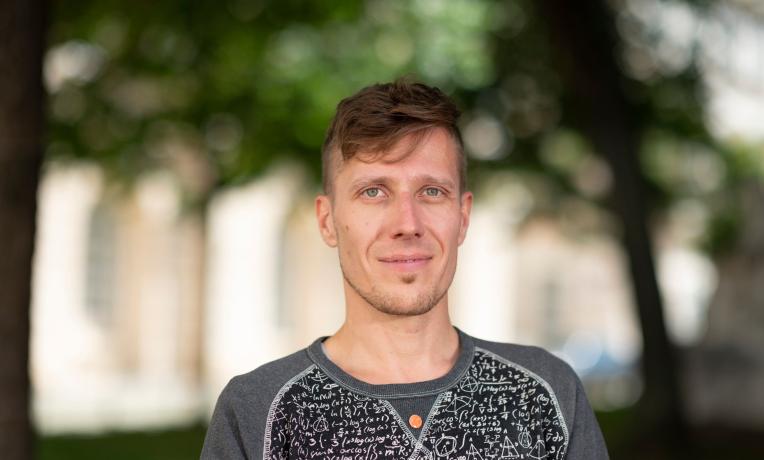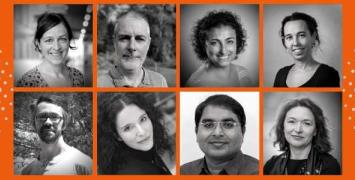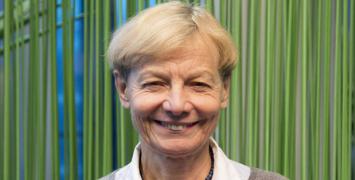
How can body heat become electricity? Could the neurons behind vision replace those in charge of hearing? How do cells reach the body organs that they form? What can history tell us about tackling modern crises and challenges? "Las Cientificas cuentan" (Women in science count) is a communication campaign funded by Fundación Española de Ciencia y Tecnología (FECYT) and Fundación General CSIC (FGCSIC), and launched by the Brussels' office of the Spanish National Research Council (CSIC). The main objective of this initiative, in which female scientists with an ERC grant play the central role, is to bring complex science to the public space and to draw attention also to the challenges that women face nowadays in research.
"As a scientist, it is in your 30s and 40s that you are most productive. It is also at that point that you must choose between the professional competition and your personal life. Why is the scientific career path so competitive, so stressful? Why can we not design it differently, take other criteria into account? Excellence is key, of course, but it should not be measured it in terms of quantity", explains Neus Sabate, who develops paper-based eco-friendly fuel cells made of organic molecules such as ethanol, glucose or urea.
Nuria Flames, working on Serotonin Related Mental Disorders shares a different experience: "I never felt judged for my gender, only for my competences. But being a scientist and having children is like having two full-time jobs. It is challenging for women and for men. More should be done in this respect".
Across the country, until the end of November, the grantees share both their science and their reflections at round tables, where different types of audiences, including children, are invited to put their questions forward and to provide their feedback through different means. These informative sessions are supported by a series of short videos, in which the scientists present the challenges of their research projects in a simple and accessible way, sometimes in the same way as they explain these to their own families or friends.
Beyond making science more accessible to the public, the campaign goal is also to highlight EU's support for basic research through grants like those of the ERC




